You can mark up PDFs in Chrome on Android — here’s how
Need to edit a PDF on Android? Chrome's got you covered
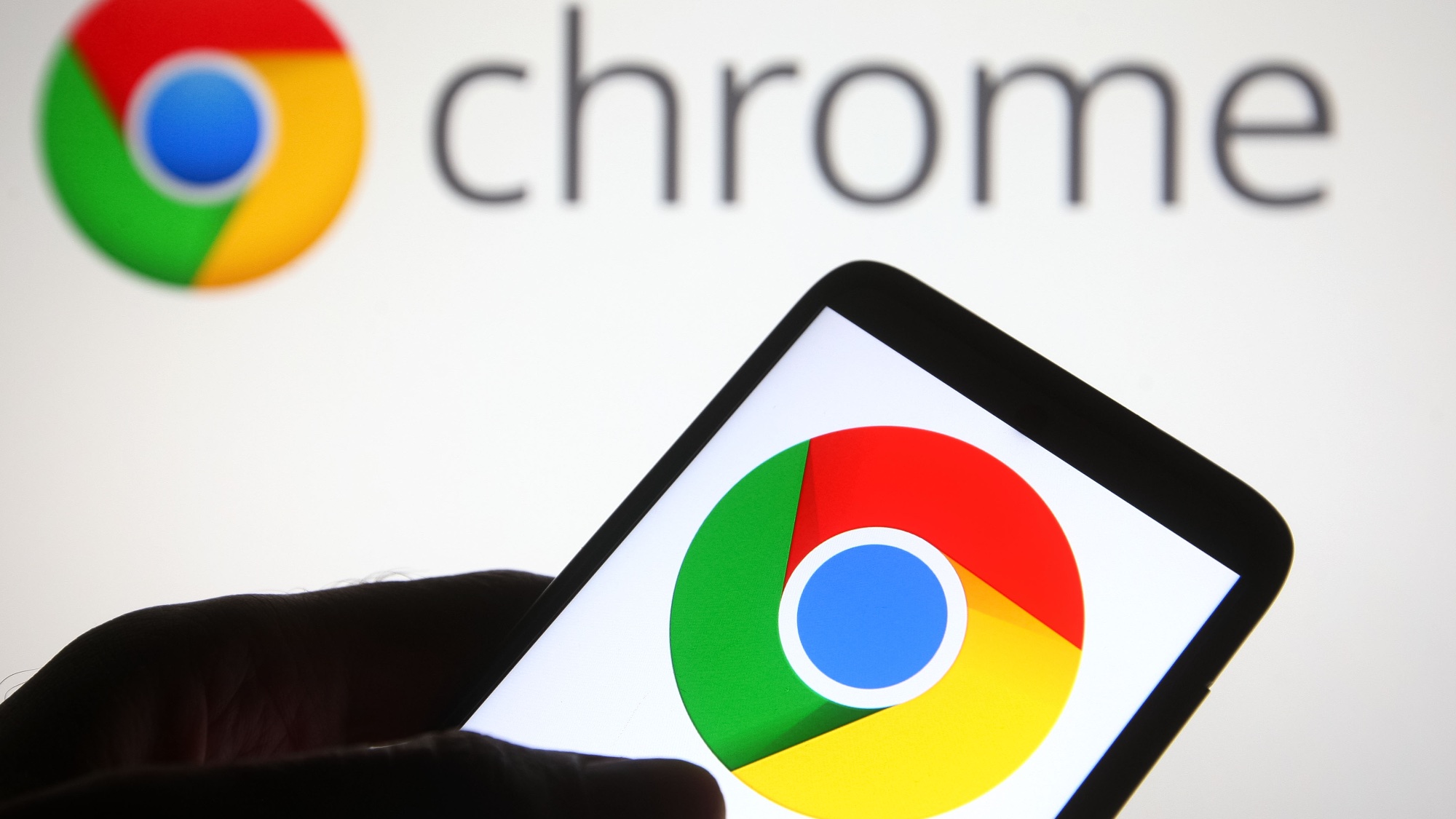
When you’re browsing the web in Chrome on your Android phone, you want the experience to be as seamless as possible. To that end, visiting a website containing a PDF has been something of a bugbear, with the browser insisting that you download the file and open it in a PDF viewer.
But that’s now a thing of the past. As you’re about to discover, Chrome now lets you view PDFs directly in the browser. That means no more clogging up your Downloads folder or tapping more times than necessary. And if that wasn’t good enough, you can now annotate those PDFs too. One day, we hope you’ll be able to fill in forms as well.
So, let’s take a look at how you can view and annotate PDFs in Chrome, while also covering what to do if you still want to download a PDF.
View and annotate PDFs directly in Chrome
Here you will discover how to get the most out of PDFs within the Chrome browser.
1. Find a PDF
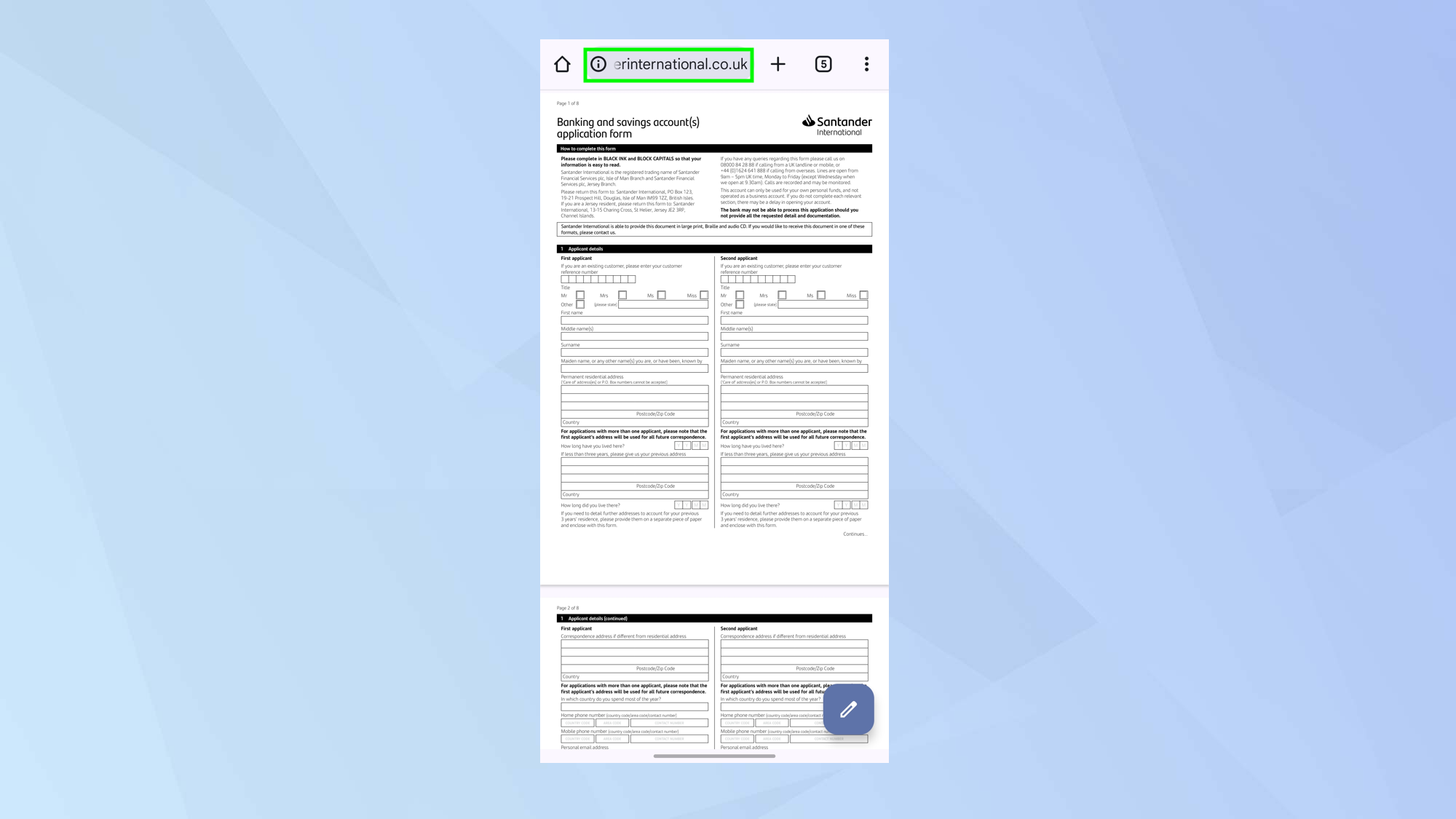
Browse the web as normal using Chrome on your Android phone and tap a PDF link if you see one. The PDF will instantly appear in the browser.
2. Navigate the PDF
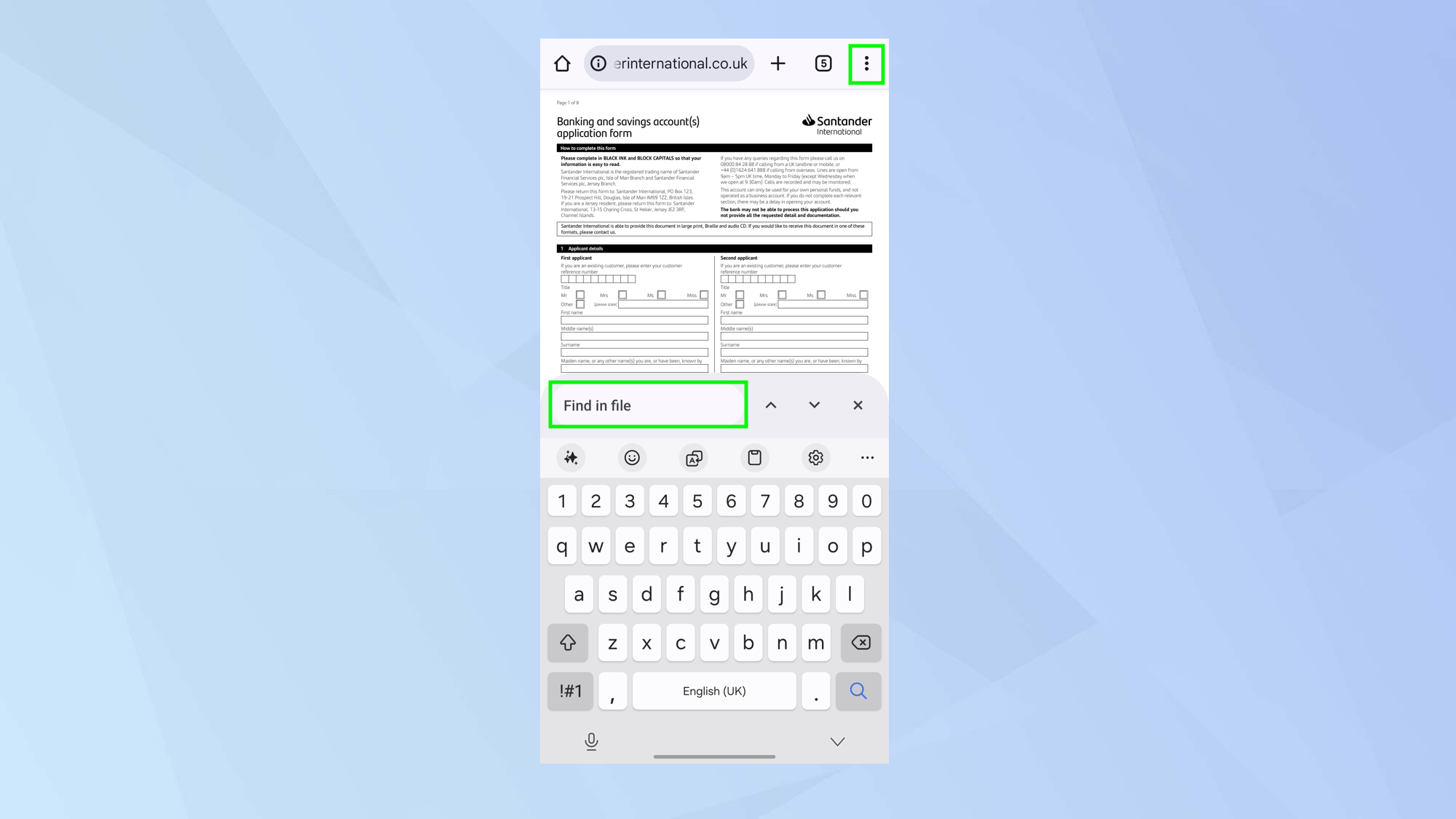
With the PDF open in Chrome, you can navigate it in the same way as you would any webpage. For example, you can scroll up and down, pinch open and closed to zoom in and out, or touch-and-hold text to select it.
You can also tap the three-dot button in the top-right corner of the screen, select Find in page and enter a search term to look for text in a PDF.
3. Annotate a PDF
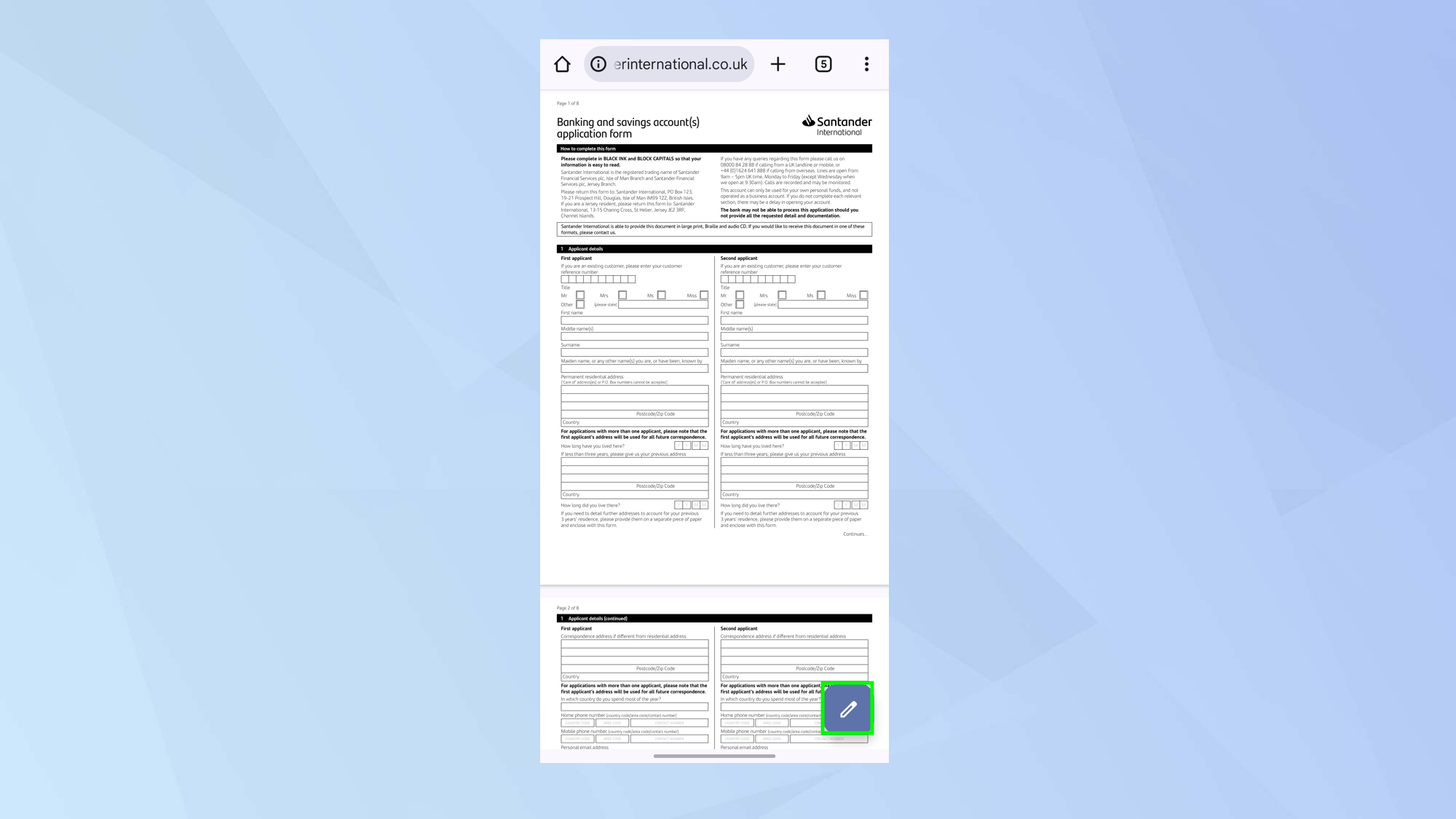
To annotate the PDF, tap the blue button in the bottom-right corner of the screen.
4. Draw on the document
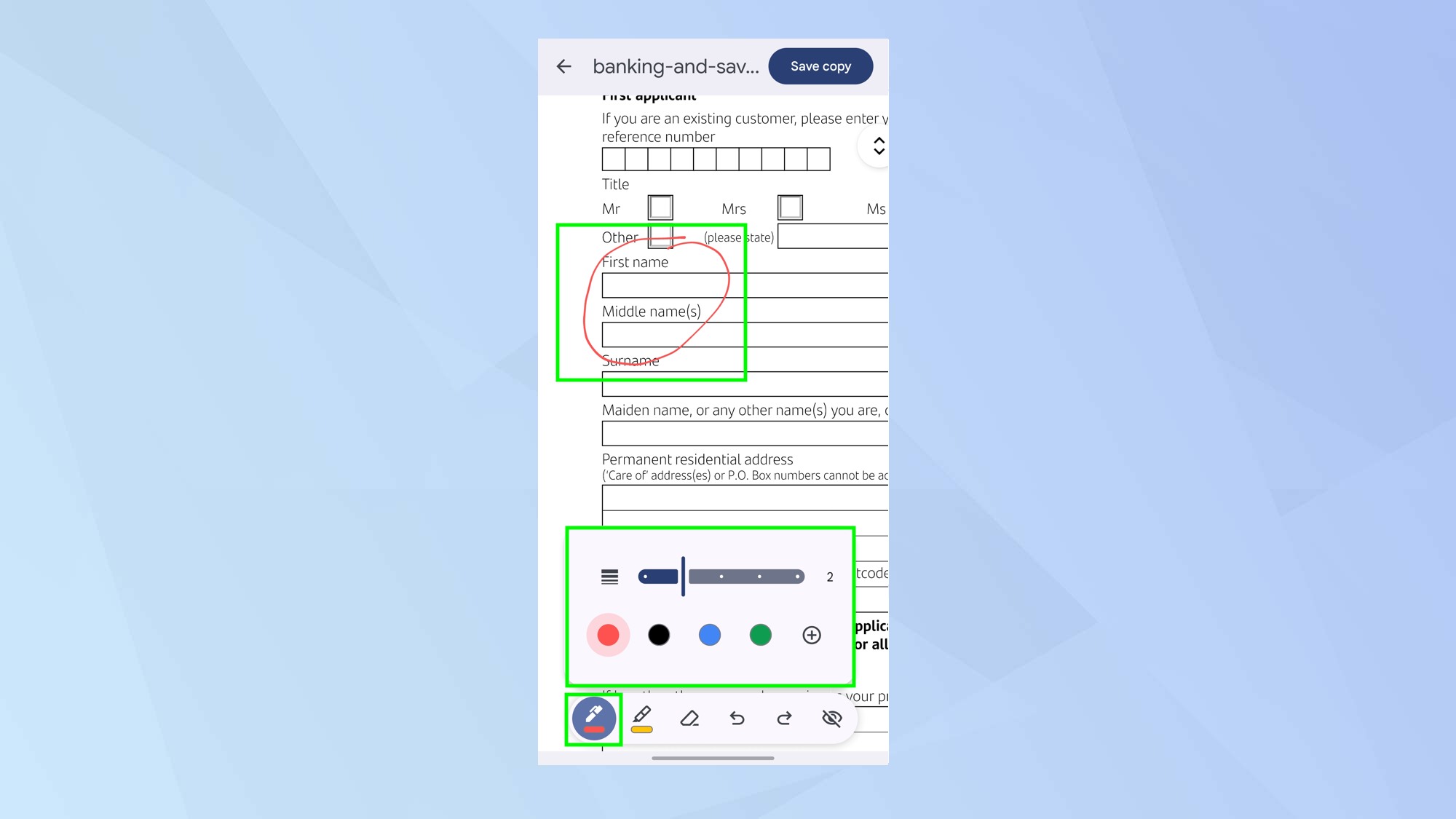
You will, by default, be able to instantly use the pen to draw lines on the screen. This icon is the one furthest to the left at the bottom of the screen. If you tap the pen icon, you can select a different color or use the slider to change its thickness.
5. Highlight text
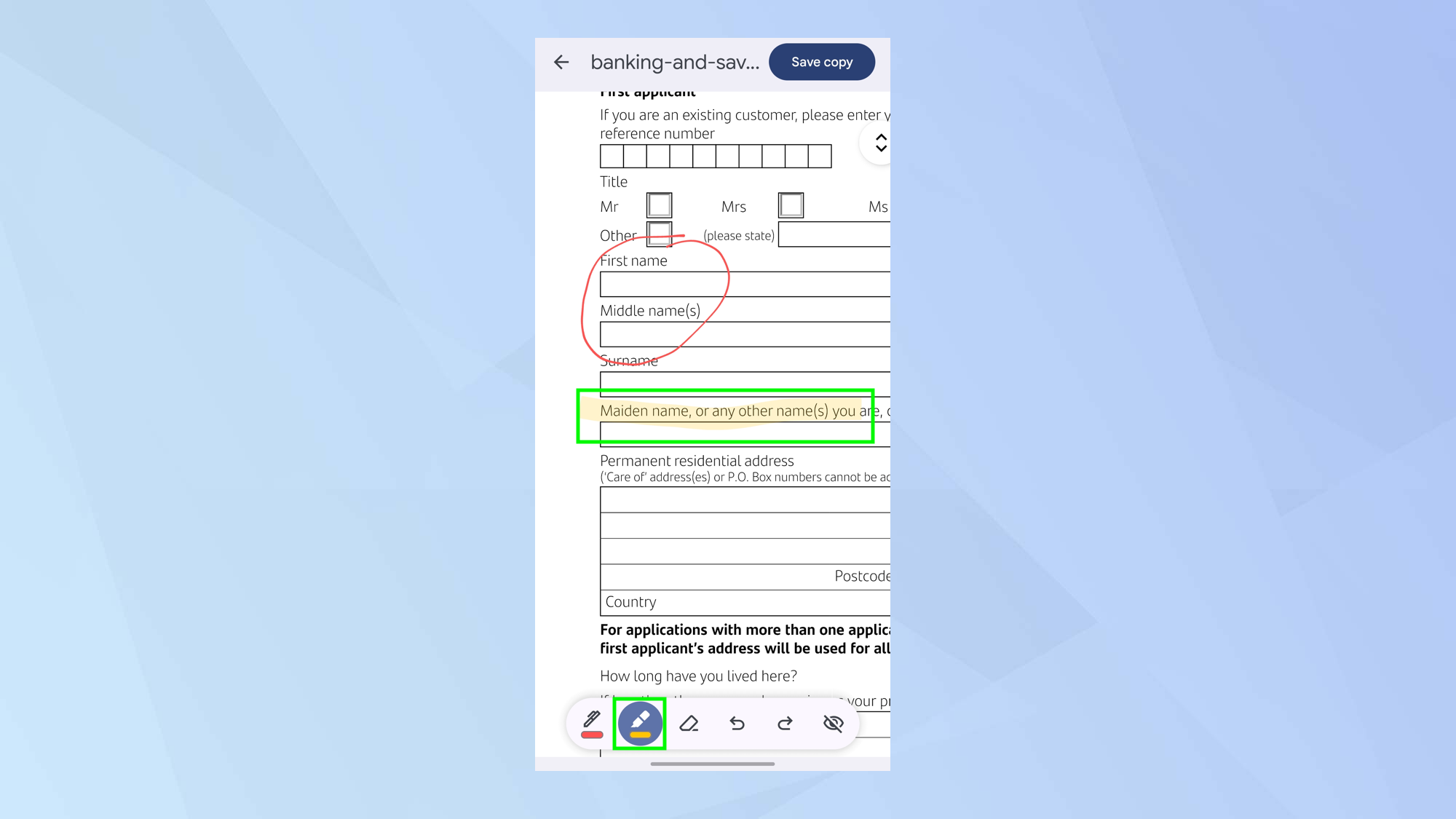
You also have access to a highlighter — tap the highlighter icon which is the second from the left.
Once selected, just find text or a part of the PDF that you would like to highlight and move your finger across the screen.
6. Remove mistakes
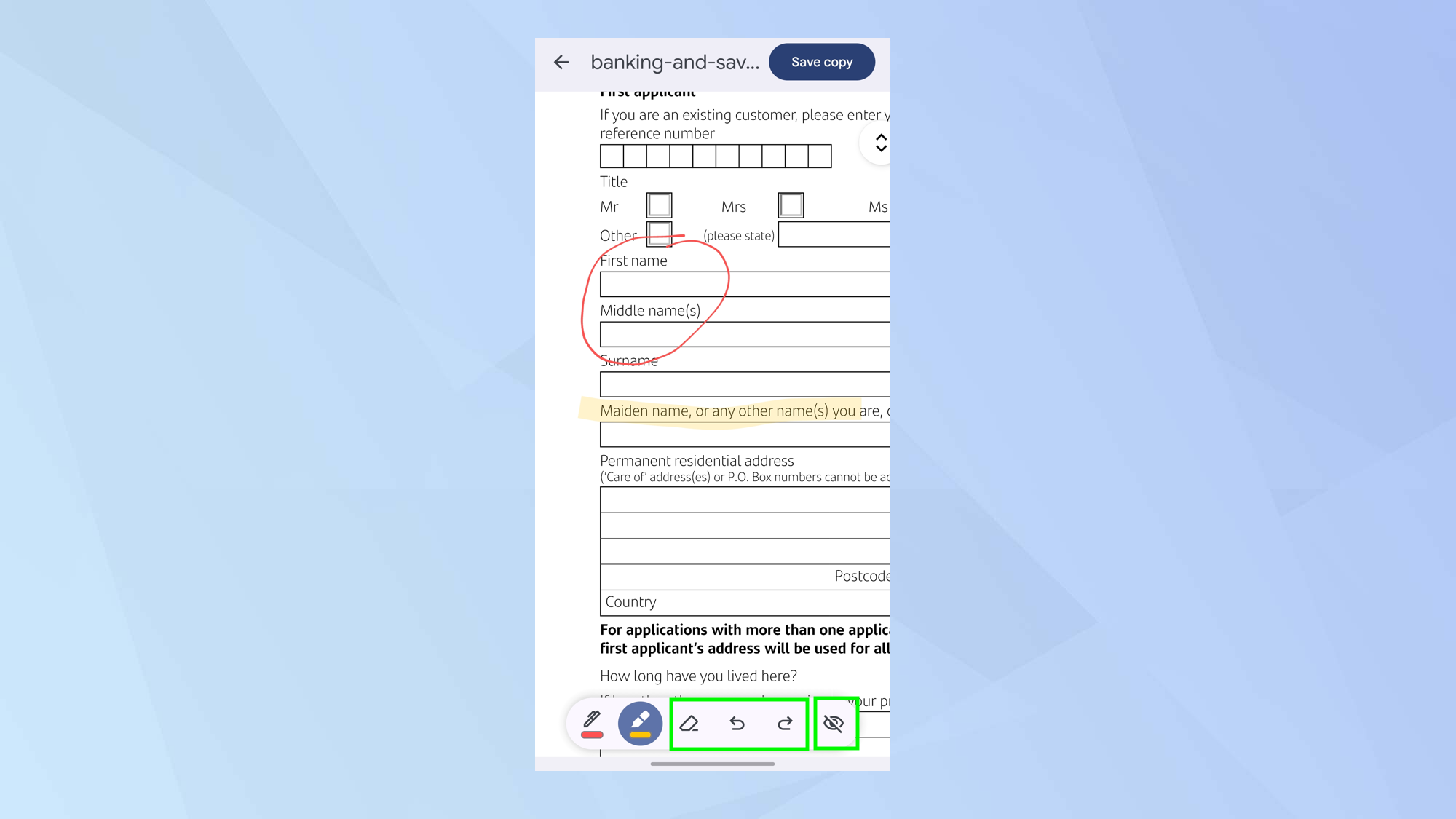
If you have made an error with your annotations, you can tap the Eraser icon (third from the left) and swipe your finger over the lines you’ve drawn or text you’ve highlighted to remove your marks.
You can also tap the Undo or Redo icons (the next two along). As a bonus, you can tap the eye icon to hide or show your annotations.
7. Save a copy
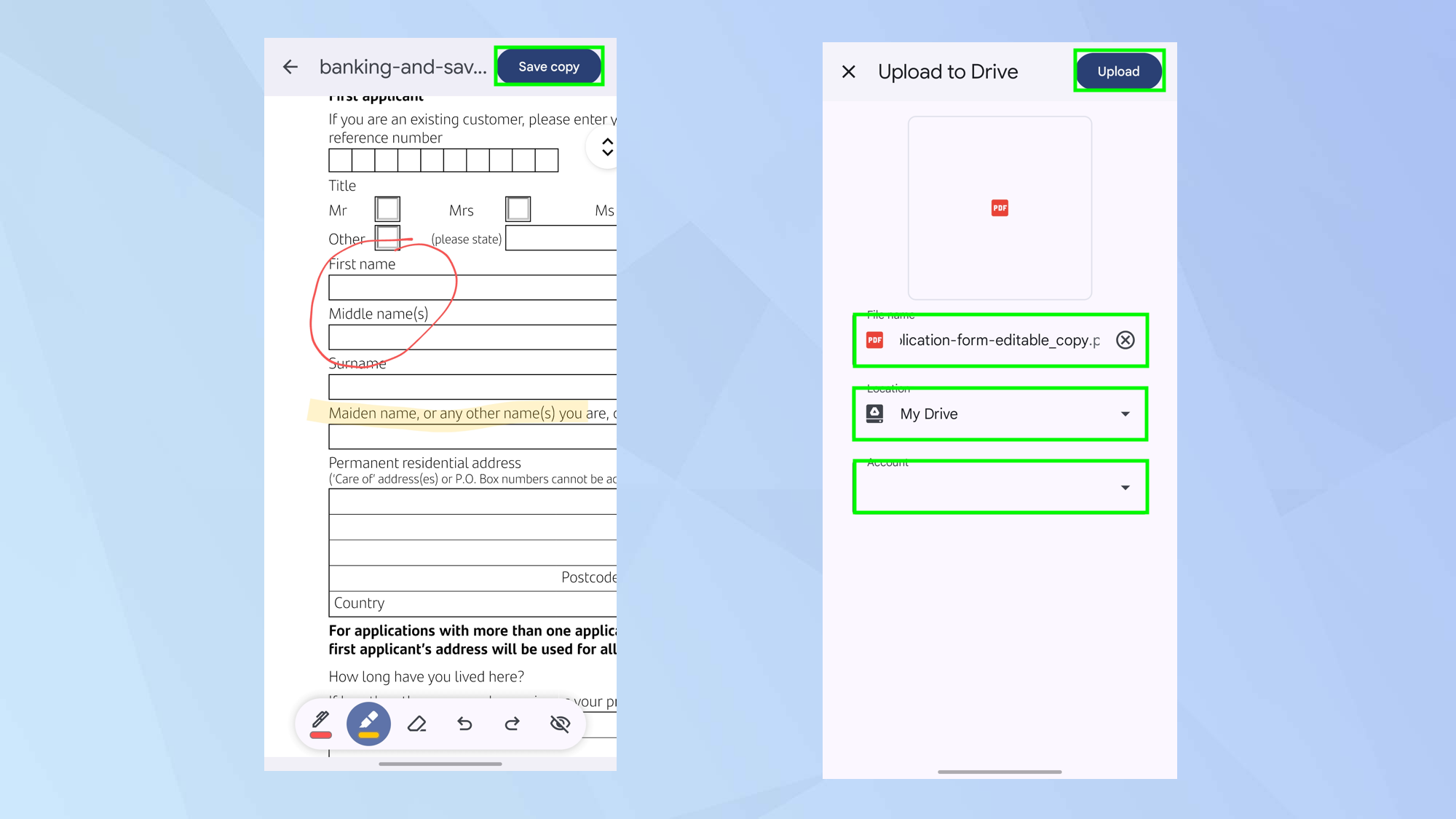
When you are finished annotating the PDF, select Save Copy in the top-right corner and you can upload the document to Drive (or any other location you choose — select the Location dropdown menu).
You can also tap and change the filename. Select Upload.
How to download a PDF in Chrome in Android
You may not actually want to work with a PDF in Chrome but, don’t worry, Google will let you download it. There are two ways.
1. Use the download button
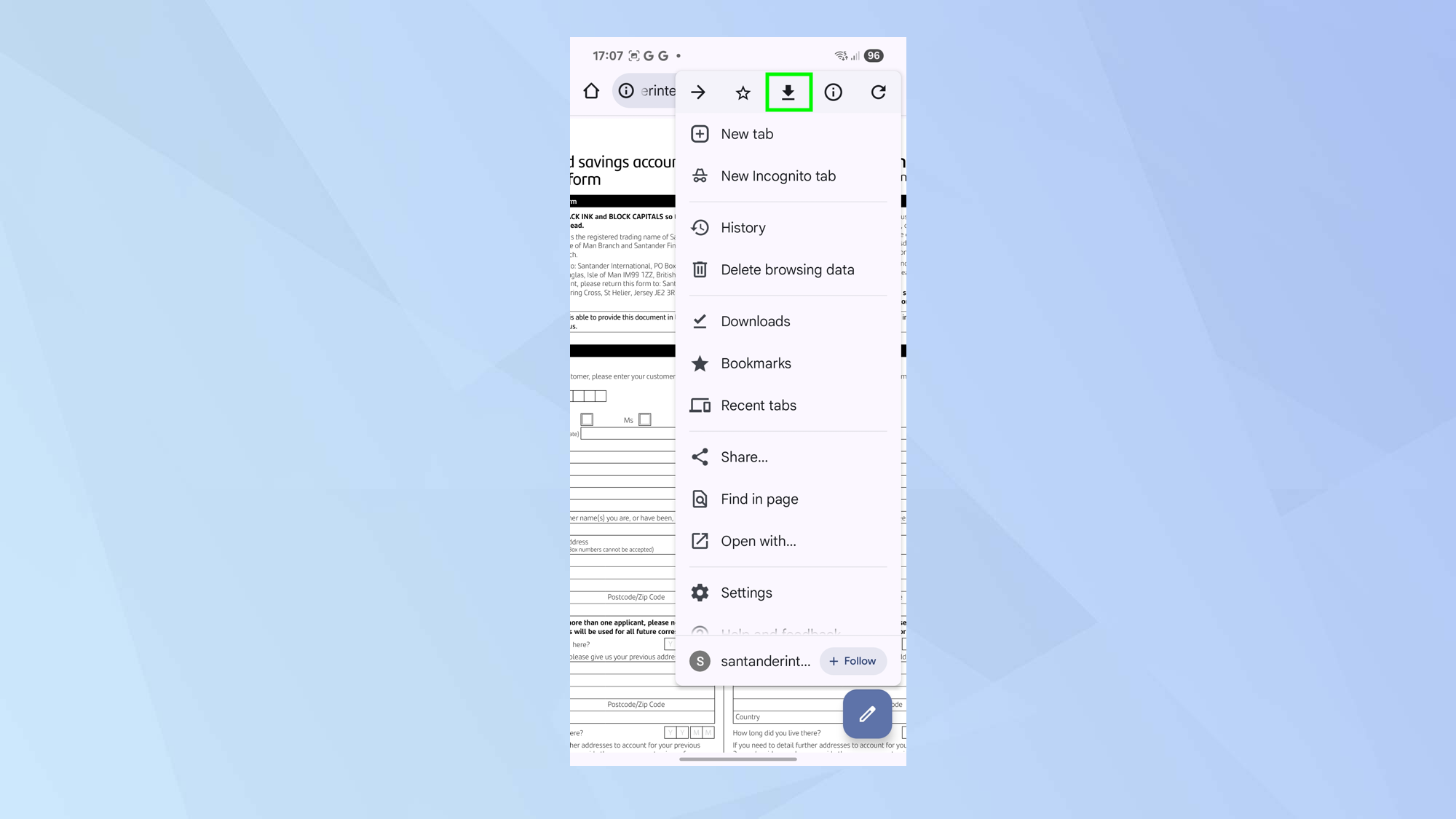
Just tap the three-dot menu in the top-right corner of the screen and select the Download icon in the toolbar at the top of the menu (it looks like a downward arrow).
2. Use the Incognito mode
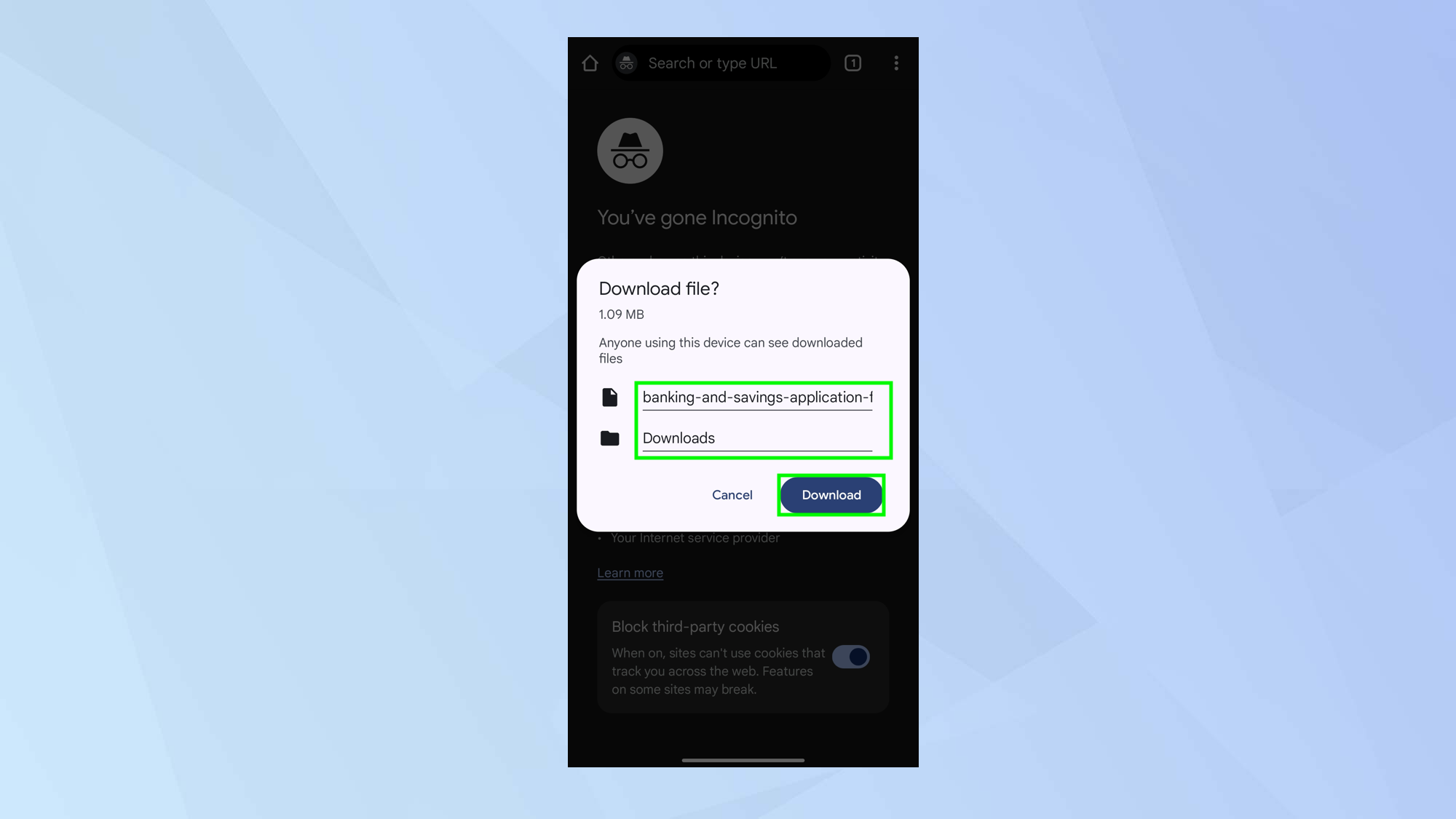
You cannot view PDFs in Chrome if you are in Incognito mode (you can enter Incognito mode if you tap the three-dot menu icon in the top-right corner of the screen and select New Incognito tab).
When you try to open a PDF in Chrome in Incognito mode it will automatically prompt you to download the file so give it a name, select the destination folder and select Download.
And there you go. You now know how to open and annotate PDFs in Chrome on Android.
There are other ways of getting the most out of a PDF, though. You can learn how to sign documents on Android, for example, and how to save to a web page as a PDF. You may also want to discover how to scan documents on Samsung Galaxy phones, too.
Get instant access to breaking news, the hottest reviews, great deals and helpful tips.

David Crookes is a freelance writer, reporter, editor and author. He has written for technology and gaming magazines including Retro Gamer, Web User, Micro Mart, MagPi, Android, iCreate, Total PC Gaming, T3 and Macworld. He has also covered crime, history, politics, education, health, sport, film, music and more, and been a producer for BBC Radio 5 Live.
You must confirm your public display name before commenting
Please logout and then login again, you will then be prompted to enter your display name.
 Club Benefits
Club Benefits





